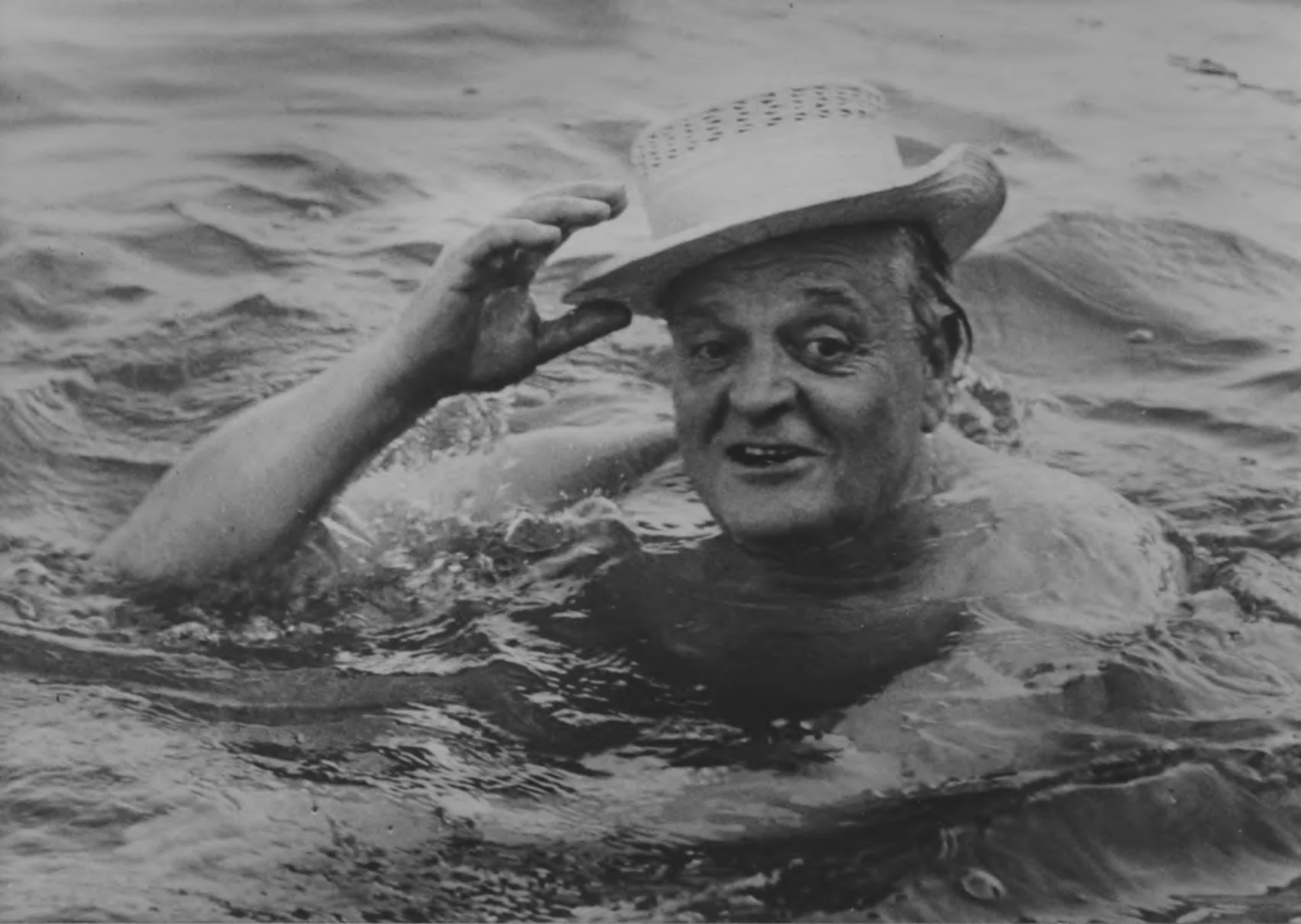Contatto

In caso di domande particolari relative alla storia della Migros ti preghiamo di indirizzarle all'Archivio storico della Federazione delle cooperative Migros.
navigation
The Migros Cooperative Zurich collects its organic waste and turns it into biogas, generating enough energy to power eleven delivery vans for a year. In 2002 Migros’ waste-energy cycle was recognised with an international award.
In 2002, Migros wins the famous Global Energy Award for its waste-energy cycle, known as ‘salad in the tank’. Food leftovers, food preparation waste, coffee grounds and waste flowers are collected and delivered to a fermentation works where they are turned into biogas.
Alternative fuels have a long history: in Europe in the late 19th century, experiments were already being conducted and some petrol motors were fuelled with wood gas and ‘spirit’. Monopolin is the name of a new fuel that the German Reichskraftspritgesellschaft (RKS) sells from 1925 onwards. As part of a plan to support agriculture, the normal petrol is mixed with up to 25 percent of an agricultural alcohol made from potatoes. In Switzerland, this experiment is followed with great interest. As petrol prices in the mid-1930s continue to rise, the authorities even consider introducing a “compulsory alcohol additive”. In Domat/Ems, the government helps build a wood saccharification plant, which produces a fuel additive called Emser Wasser. But after the end of the war, the expensive alternative fuels quickly disappear from the market.
For a decade now, the Migros Cooperative Zurich has handled 4,000 tonnes of organic waste each year, which it does not feed to pigs, but instead converts to biogas. This is equivalent to about 280,000 litres of petrol and fuels 11 lorries that supply Migros goods to the Zurich branches.